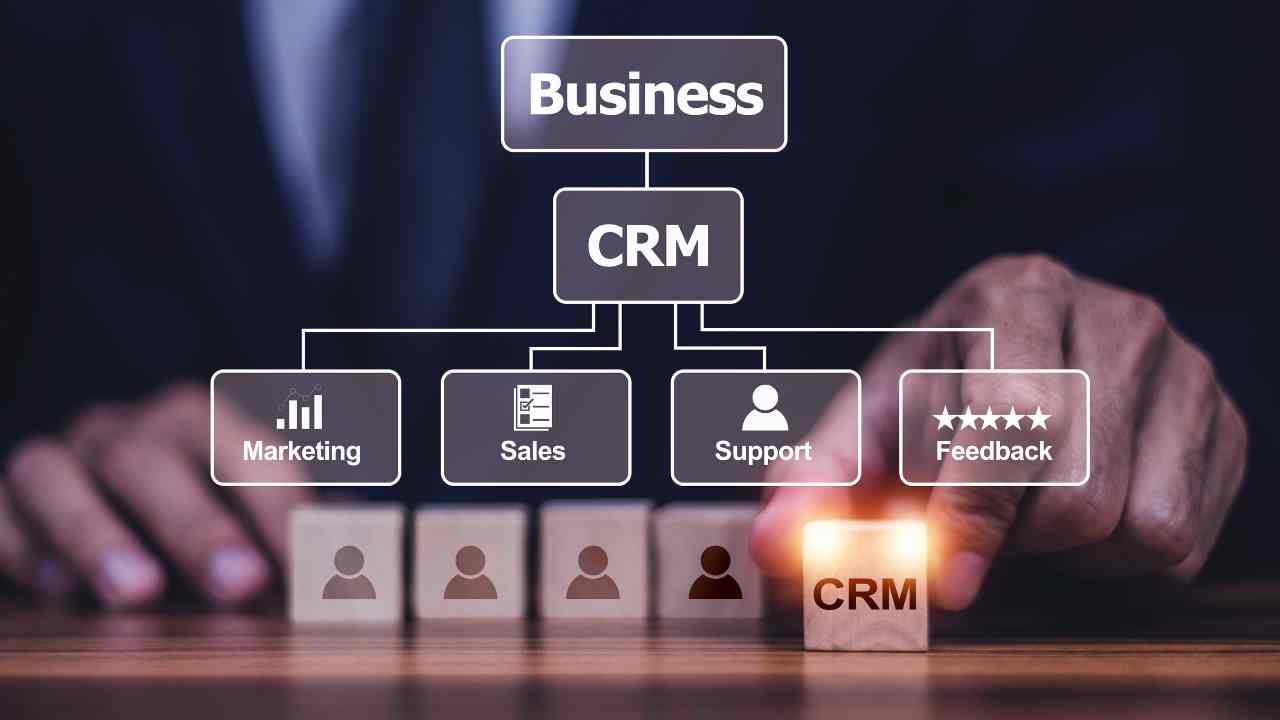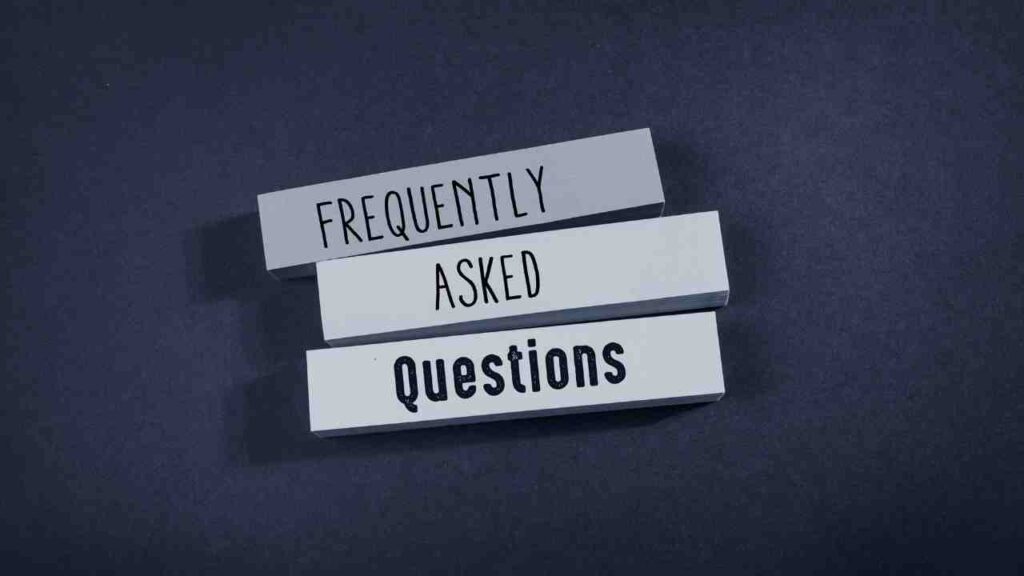Maximize Customer Service through CRM Systems

Customer service is a critical aspect of any business, as it directly impacts customer satisfaction, loyalty, and ultimately, the success of the organization. In today’s highly competitive market, businesses need to go above and beyond to meet customer expectations and provide exceptional service. One way to achieve this is by implementing a Customer Relationship Management (CRM) system. A CRM system can help businesses streamline their customer service processes, improve efficiency, and enhance the overall customer experience. In this article, we will explore the benefits of CRM systems in maximizing customer service and provide valuable insights on how businesses can leverage this technology to gain a competitive edge.
The Role of CRM Systems in Customer Service
A CRM system is a software solution that enables businesses to manage their interactions and relationships with customers. It serves as a centralized database that stores customer information, communication history, purchase history, and other relevant data. By utilizing a CRM system, businesses can gain a comprehensive view of their customers, allowing them to personalize interactions, anticipate needs, and deliver a seamless customer experience.
Here are some key ways CRM systems can maximize customer service:
- Improved Customer Data Management: A CRM system allows businesses to store and organize customer data in a structured manner. This ensures that customer information is easily accessible and up-to-date, enabling customer service representatives to provide accurate and personalized assistance.
- Efficient Communication: CRM systems provide a centralized platform for communication with customers. This eliminates the need for manual tracking of emails, phone calls, and other interactions, ensuring that no customer query goes unanswered. With a CRM system, businesses can respond promptly and consistently, enhancing customer satisfaction.
- Personalized Customer Interactions: By leveraging the data stored in a CRM system, businesses can gain insights into customer preferences, purchase history, and behavior patterns. This information enables businesses to tailor their interactions and offers to meet individual customer needs, fostering a sense of personalization and building stronger customer relationships.
- Efficient Issue Resolution: CRM systems enable businesses to track and manage customer issues and complaints effectively. By having a centralized system to log and monitor customer problems, businesses can ensure timely resolution and prevent issues from falling through the cracks. This leads to improved customer satisfaction and loyalty.
- Proactive Customer Service: CRM systems can be equipped with automation and analytics capabilities that enable businesses to proactively address customer needs. For example, by analyzing customer behavior patterns, businesses can identify potential issues or opportunities and take proactive measures to address them. This proactive approach to customer service can significantly enhance the overall customer experience.
Real-World Examples of CRM Systems Enhancing Customer Service
Several businesses have successfully leveraged CRM systems to enhance their customer service and achieve remarkable results. Let’s take a look at a few real-world examples:
Example 1: Zappos
Zappos, an online shoe and clothing retailer, is renowned for its exceptional customer service. The company attributes its success to its CRM system, which enables its customer service representatives to access detailed customer information and provide personalized assistance. Zappos’ CRM system allows representatives to view customer purchase history, preferences, and even notes on individual customer preferences, such as preferred shoe sizes or styles. This level of personalization has helped Zappos build strong customer relationships and achieve high customer satisfaction rates.
Example 2: Amazon
Amazon, the world’s largest online retailer, utilizes a sophisticated CRM system to deliver a seamless customer experience. The company’s CRM system tracks customer browsing and purchase history, allowing Amazon to make personalized product recommendations and offer targeted promotions. Additionally, Amazon’s CRM system enables efficient communication with customers, ensuring that queries are addressed promptly. This commitment to customer service has played a significant role in Amazon’s success and its ability to retain a large customer base.
Choosing the Right CRM System for Your Business
When selecting a CRM system for your business, it is essential to consider your specific requirements and goals. Here are some factors to consider:
- Scalability: Ensure that the CRM system can accommodate your business’s growth and evolving needs. It should be able to handle an increasing volume of customer data and interactions without compromising performance.
- User-Friendliness: Look for a CRM system that is intuitive and easy to use. A complex and difficult-to-navigate system may hinder adoption and productivity.
- Integration Capabilities: Consider the CRM system’s ability to integrate with other essential business tools, such as email marketing software, help desk systems, and e-commerce platforms. Seamless integration can streamline processes and enhance efficiency.
- Customization Options: Evaluate the CRM system’s flexibility in terms of customization. It should allow you to tailor the system to your specific business processes and workflows.
- Reporting and Analytics: Look for a CRM system that provides robust reporting and analytics capabilities. This will enable you to gain insights into customer behavior, measure the effectiveness of your customer service efforts, and make data-driven decisions.
Get Your FREE 14-Day Trial and Take Your Business To The Next Level with an All-In-One Sales and Marketing Platform for businesses, agencies and marketers.
A CRM system is a powerful tool that can help businesses maximize customer service and gain a competitive edge. By leveraging a CRM system, businesses can improve customer data management, streamline communication, personalize interactions, resolve issues efficiently, and proactively address customer needs. Real-world examples from companies like Zappos and Amazon demonstrate the significant impact of CRM systems on customer service. When choosing a CRM system, businesses should consider factors such as scalability, user-friendliness, integration capabilities, customization options, and reporting and analytics features. By implementing the right CRM system, businesses can enhance their customer service efforts and build long-lasting customer relationships.
Visit https://SaasExpert.ca – Your All-In-One Sales and Marketing Platform for small businesses, agency owners, and marketers to explore how a CRM system can transform your customer service and drive business growth.
Learn more about “Enhancing Customer Satisfaction with CRM” right here.
Frequently asked questions about Maximize Customer Service through CRM Systems.

How Can CRM Systems Drive Customer Service Efficiency and Responsiveness? 🕒
When it comes to customer service, efficiency and responsiveness are not just buzzwords; they’re key performance indicators. CRM systems have evolved to be central repositories for all customer interactions, enabling service agents to provide fast and precise solutions. 📑
With a CRM, as soon as a customer makes contact, all their past interactions, preferences, and even future needs can be displayed. This quick access to information enables your service agents to address the customer’s concerns without unnecessary delays, thus optimizing your service operations. 🚀
Moreover, CRM systems can automatically route customer queries to the most qualified agents, reducing the customer’s wait time and increasing the chances of first-time resolution. In the digital age, customers expect instant answers. CRM systems’ automation features can help you meet this expectation by automating routine queries and freeing up your human agents to tackle more complex issues. 🤖
Can a CRM System Help My Business Offer 24/7 Customer Support? 🌍
Absolutely. The demand for 24/7 customer support is rising, driven by global markets and the digital economy. With CRM systems, you can integrate various customer support channels—email, chat, social media, and even phone—into a single dashboard. 🎛️
Automated chatbots can handle routine queries at any hour of the day. If a question requires human intervention, the CRM can route it to available agents, or place it in a queue for the next available agent, irrespective of time zones. This ensures that your customer gets timely and relevant support, thereby improving customer satisfaction and loyalty. ⏰
How Can CRM Systems Help My Team Collaborate Effectively for Better Customer Service? 👨👩👧👦
Collaboration is a cornerstone of excellent customer service. CRM systems act as a unified platform where information is stored and updated in real-time. This means that whether your team is in one office, or spread across the globe, everyone has the same up-to-date information. 🌐
Advanced CRM solutions also offer internal chat functionalities, shared calendars, task assignments, and more. This promotes seamless communication among team members, enabling them to solve customer issues more efficiently. For example, if a customer issue requires both a technical and a billing resolution, both departments can coordinate in real-time within the CRM, eliminating the need for prolonged email chains or meetings. 🤝
How Can CRM Analytics Improve Customer Service Quality? 📊
Don’t underestimate the power of analytics. CRM analytics tools can measure key performance indicators such as response time, issue resolution time, and customer satisfaction scores, among others. By monitoring these metrics, you can identify bottlenecks in your service processes and work to resolve them. 📉
Beyond that, CRM analytics can provide customer insights that can be incredibly beneficial for proactive customer service. For instance, if you notice that a particular feature is generating a high volume of queries or complaints, you can take the initiative to develop an FAQ or tutorial video, addressing the issue before it escalates. 📚
Can CRM Systems Facilitate Personalized Customer Service Experiences? 🌟
Personalization is the future of customer service. In an era of endless options, customers value businesses that can provide a tailored experience. CRM systems excel at this. They not only store customer data but also analyze behavioral trends, past interactions, and more. 🎯
When a customer contacts your business, a CRM system can immediately provide your customer service agent with relevant information about that customer. This could include their past purchases, previous issues, preferred solutions, and even small details like birthdays or anniversaries. 🎉
By utilizing this information, your agents can make the customer feel valued and understood, directly translating to higher satisfaction rates. Imagine addressing a recurring issue by acknowledging past interactions and assuring the customer that a lasting solution is being sought. This level of attention to detail can be a game-changer in how your customers perceive your business. 🌈
- crm
- customer relationship management
- Maximize Customer Service through CRM Systems
- What is CRM Software?







